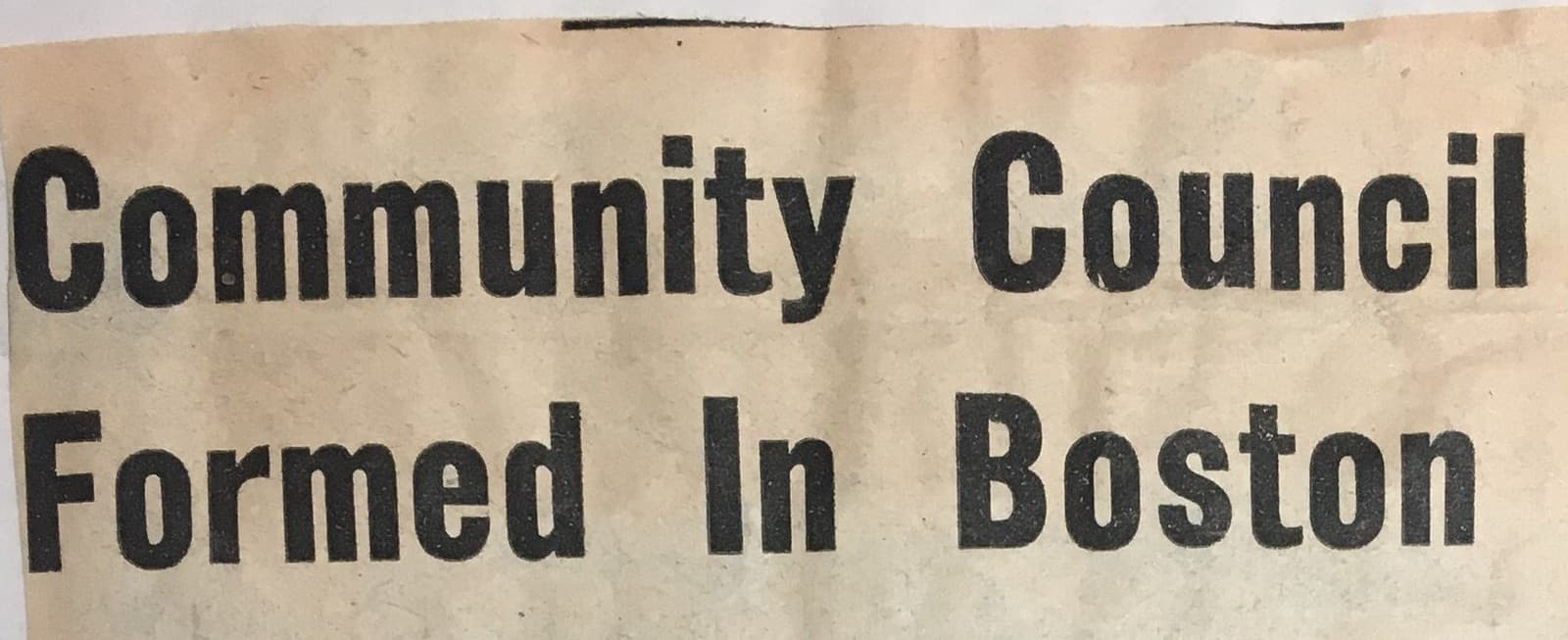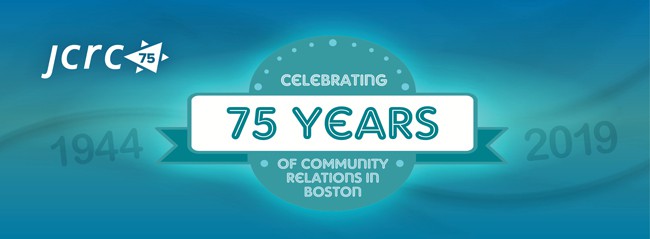
On June 14, 1944, one week after D-Day, 16 Jewish organizations in Boston came together to establish the Jewish Community Council “for the purpose of acting in unity in matters relating to civic protection and fund-raising.” Under the leadership of President Casper Grosberg and an “administrative committee” of 11 members, this coalition understood that there were collective challenges facing our community 75 years ago that required a collective response. Challenges such as anti-Semitic violence in the streets of Boston, preparation for the refugee challenges that would come with the end of the Holocaust, and, within a few years, to mobilize community support for the emerging Jewish state.
I thought of those “good men of the town” (and yes, they were all men) this week as our board convened to work on our next strategic plan. Under the leadership of our current President, Stacey Bloom, we dove into questions about our vision for Boston’s Jewish community and all the people of our region, the challenges of the current moment in Diaspora-Israel ties, and the opportunities that lie ahead as we map out our vision for the next several years of our work.
We, as a people, have always held our history and experience deeply, inviting tradition to inform our hopes for the future. And so, today, as we launch a months-long celebration of JCRC’s 75th anniversary, we are honoring the Jewish way of looking to the past as we embrace a bold new future.
The early rabbis, in the years after the Roman destruction of the Jewish commonwealth nearly 2,000 years ago, looked to the past – a Temple service no longer available to them, with its traditions practiced by Jews assembled in a capital of our own that was now ablaze – to imagine and inform the future. In a moment laden with deep despair, they marshalled their hope, and established new forms of assembly through synagogue ritual in the diaspora as we waited for renewal and return. Our rituals and practices would remind us of the Temple service – an eternal light above an ark, a central reading table where once we had an altar, an order of prayer modeling the sacrifice schedule – and have endured to shape the ways we congregate to this day.
When we gather each year at our Passover seder, we remember that we were once slaves in Egypt. In every generation we are obligated to see ourselves as if we were present at the formative moment of national identity some 3,500 years ago. And we teach our children well so that they may look to the future with hope, with a passion for the values of Judaism and a commitment to the lessons of Passover for future generations. The story isn’t just a history lesson. It is a charge for future work.
Past and future in dynamic conversation, each deeply resonant and meaningful. Each informs our understanding of the other, guiding us as we look forward even in times of crisis and challenge. Because even in the times of the lowest despair – the burning of Jerusalem, the destruction of Europe – our leaders rose to face the challenge and look to the future with hope.
Today we launch our 75th anniversary celebration, chaired by Justin Wyner, our past President (1971-73) and Samantha Joseph, a rising leader on our board. And with thanks to the archives at the Wyner Family Jewish Heritage Center, we’re honoring our past to inform our future. In the coming months, we’ll be filling in this JCRC timeline and telling the stories of pivotal moments and the impact we’ve had. Each month we’ll be highlighting historical moments from different areas of our work, starting with Government Affairs in honor of our Legislative Reception this coming week. I’m already excited by stories I did not know, like how we organized a coalition to change restrictive immigration laws in 1952 and worked in Washington to pass a bill against employment discrimination in 1954.
I’m looking forward to hearing these stories from our past, and reflecting on the valuable lessons they can teach us about our charge in the years ahead. I invite you to join me in this celebration and this journey.
Shabbat Shalom,
Jeremy


